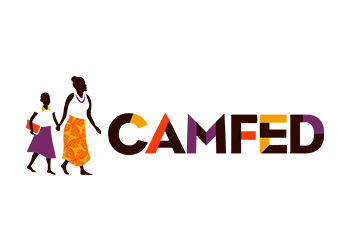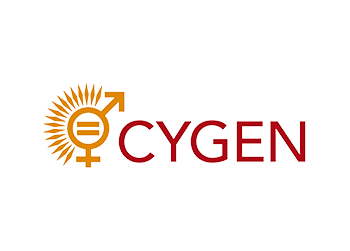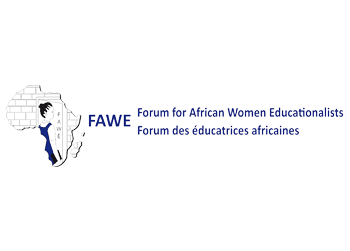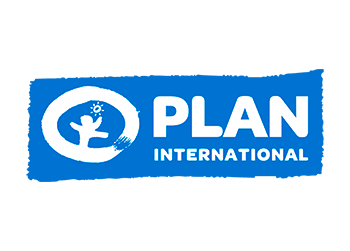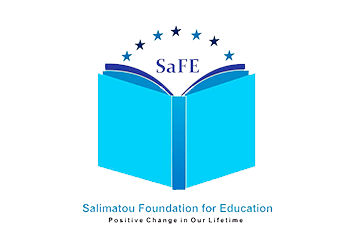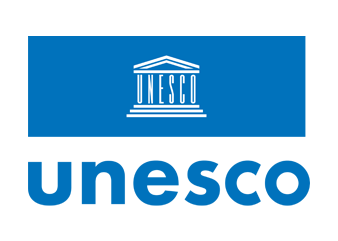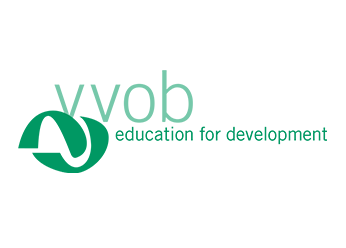UN Girls’ Education Initiative calls to action on Afghanistan
The unfolding humanitarian and economic crisis in Afghanistan poses a risk to the lives, rights and safety of many Afghan girls and women. UNHCR estimates that 80% of nearly a quarter of a million Afghans forced to flee since the end of May 2021 are women and children [1]. Women belonging to minority ethnic and religious groups, and those who have led activism, programmes and journalism related to feminism and gender equality, are particularly at risk of persecution [2].
The UN Girls’ Education Initiative (UNGEI), a global partnership and platform for girls’ education and gender equality in and through education, recognizes the improved situation for girls and women in Afghanistan in recent decades. Schools have been the harbinger of progress and change for many girls and women in Afghanistan, however advances have been hindered by a low starting point, social norms that do not favor girls’ education, lack of infrastructure, resources and decades of sustained conflict. Even before COVID-19 related school closures, an estimated 4 million children - of which 60% are girls - were out of school in Afghanistan [3]. In 2018, only 4.9% of women were enrolled in tertiary education, compared to 14.2% of men [4].
In the current new situation, emerging reports suggest that these gains may be fragile, and unequal [5],[6],[7],[8]. Women are facing increasing restrictions in public spaces, professional sectors, political and government spheres, and education. Girls over 12 have been prohibited from attending school in several locations [9], [10], [11] . On September 17, re-opening of high schools was announced for boys, with no mention made of girls [12]. As such, ensuring that girls and women in particular have equal access to education and lifelong learning remains a key priority.
For over twenty years, the UNGEI partnership has been dedicated to the advancement of girls’ education, feminist leadership and gender equality. Afghan girls and women, like all girls and women around the world, have a right to education, freedom of movement, opinion, identity, expression, and self-determination. They must be able to live free from gender-based discrimination, harassment and violence. It is our duty as the international community to speak up and defend these rights.
The investments in and gains made for the rights of girls and women in Afghanistan must be maintained, to prevent deepening inequalities in education for marginalized groups in particular, including girls living with disabilities and from ethnic minority groups. This includes ensuring the safety and guaranteed livelihood of teachers - especially women teachers - safe schools, the integrity of the national curriculum and above all, the ability of all girls to go to school, from primary up to tertiary level.
Protecting the right to education and lifelong learning in Afghanistan will require collaborative and coordinated international support. We urge the international community to commit to these objectives:
- Uphold all international obligations to people in need of assistance, with priority to girls and other marginalized children, including children living with disabilities and religious and ethnic minority groups, and to girls and women who are at risk of persecution.
- Protect the rights of girls and women to education and employment, based on the standards set by international human rights law and fundamental International Labour Organization Conventions.1
- In speeches, commentary and communiques related to the situation in Afghanistan, commit to uphold the human rights of all Afghan citizens, particularly girls and women, and freedom to participate in all aspects of economic, social and political life.
- Support girls’ and women’s education and empowerment, including gender-based violence response and referral mechanisms, which are critical to maintain gains and pursue advancements.
- Recognize the intersecting challenges that girls and women will face and therefore take issues of gender, disability, rural vs. urban residence, and other factors into consideration.
- Coordinate humanitarian response efforts and work collaboratively to avoid duplication and working in silos.
In addition, we call on the international community to ensure that any humanitarian and development assistance or response (including support provided to refugee host countries) regarding Afghanistan prioritizes leadership by Afghans - especially Afghan girls and women and civil society organizations - so that it is relevant and viable for the current situation.
The UNGEI partnership is committed to protecting progress made for the rights of girls and women in Afghanistan, particularly the right to education. As governments, civil society and global citizens, we recognize the progress made by Afghans over the last 20 years and call for this to continue in their journey towards a peaceful, just and equal Afghanistan.
1. Afghanistan is a signatory to the Convention on the Elimination of All Forms of Discrimination against Women (CEDAW) since 2003 and therefore responsible for the protection of women’s rights and protection of gender equality under this convention ratified by 189 states. Afghanistan has also ratified fundamental ILO Conventions, which remain in force: C100 (equal pay for equal work across all sectors), C111 (Labour Discrimination), C105 (abolition of forced labour) and C182 (worst forms of forced labour). The current de facto authorities inherit Afghanistan’s obligations to women’s rights and gender equality under these conventions.


